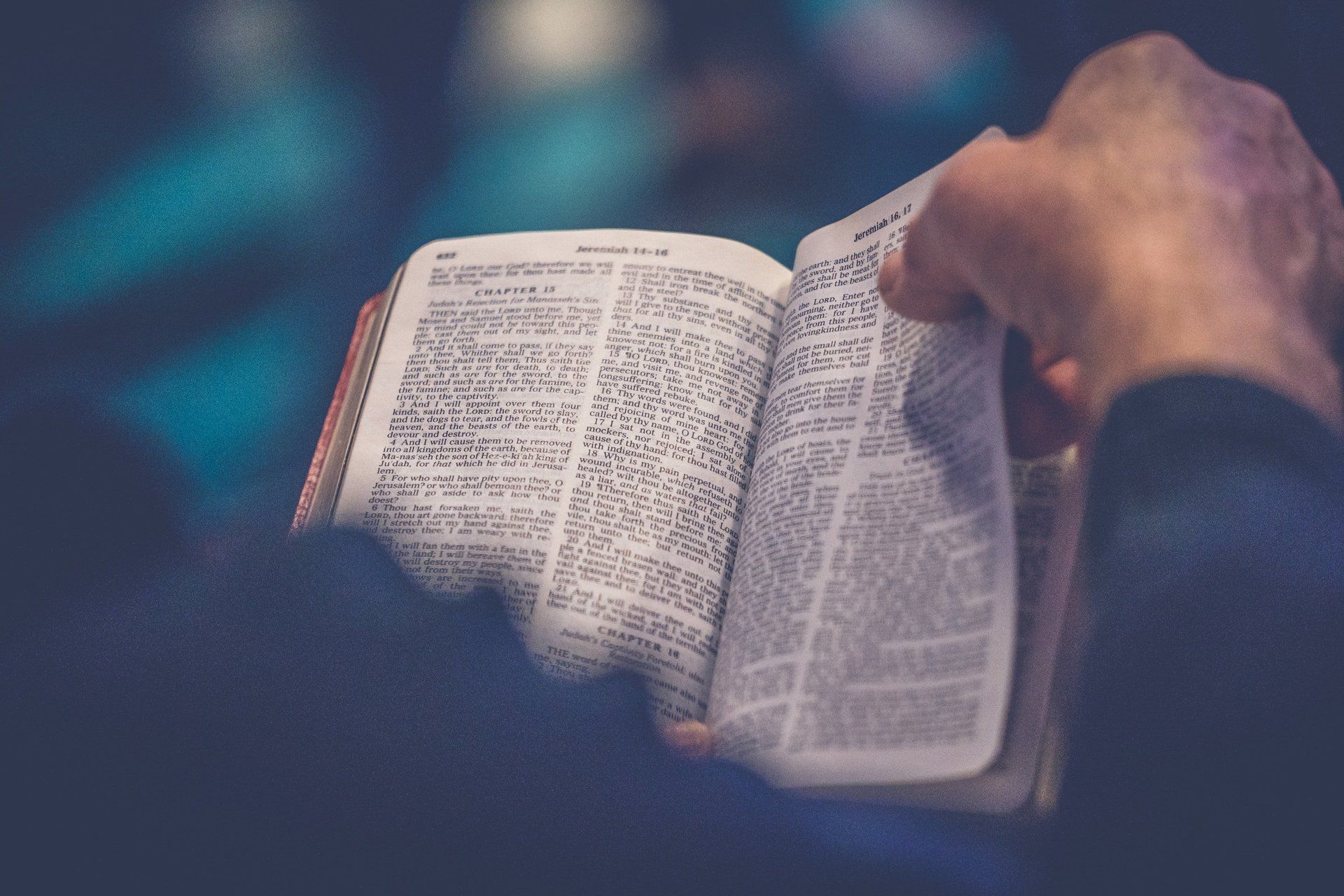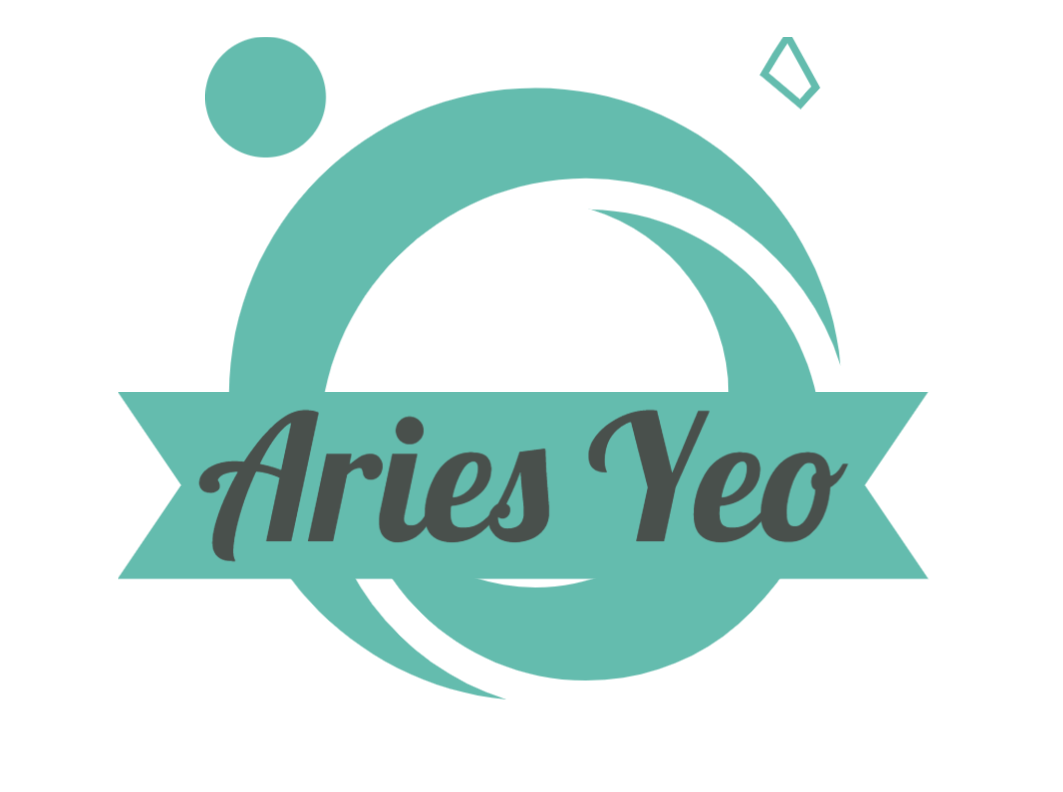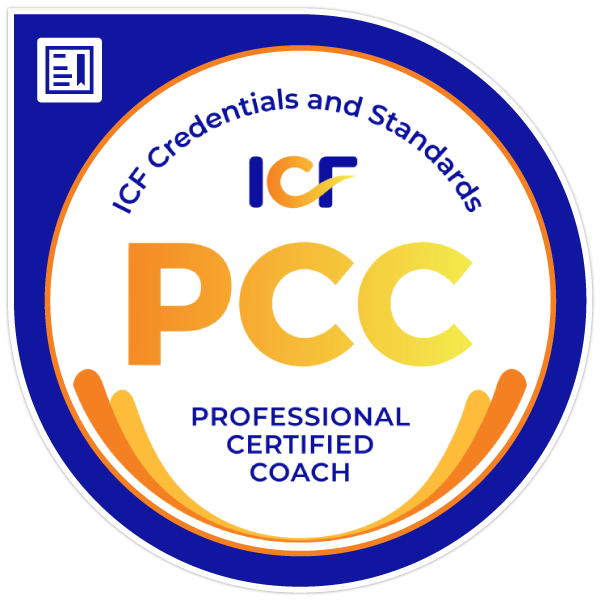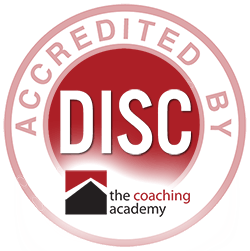Beliefs
Aries Yeo • August 5, 2020
Understanding of your own Beliefs

Beliefs are the propositions you deem to be true
Peer interaction and society, in general, play an important role in the formation of personal beliefs. Beliefs are derived from what a person experiences, hears, sees and think, and they change as new evidences or experiences challenge what was previously held.
Where your beliefs come from
Initially, they come from other people like parents, teachers, peer group, friends, family, the media and religion. In fact, from anyone who ever exerts influence over us. They are formed in our childhood and during adolescence.
Think back to your own childhood. How was your behaviour affected by what someone else said about you? Perhaps a cutting remark from a teacher or friend such as “what a stupid answer!” made you think twice about raising your hand again in class, for fear of ridicule and humiliation.
Analogy – observe a baby. It reflects back the non-verbal signals. It smiles when someone smiles at it and probably cry when someone frowns at it. In this constant interaction of ‘receive and reflect back’ a behaviour is learned and instilled in the mind.
If a school teacher, carer or parent makes a careless remark like, “You are clumsy”, the child will have the seeds of clumsiness sown in their mind. Then, every time that the child drops something, the thought “I am clumsy”, may sprung to mind. The more they think of it and the more often this is reinforced, the clumsier they will become. It may culminate in a self-fulfilling prophecy.
If that same teacher has lovingly tell the child that it is alright to make the mistake, as no one is perfect, and encourage the child to persevere and continue. How will that impact this child then?
Eric Berne who wrote the “The Games People Play’ in 1964 , suggested that by the age of 4 or 5, our life script was written. By 7, it was polished and had the essential characters. By 12 years old it was further polished and was beginning to be lived out.
Your subconscious, by its nature, keeps its intention hidden. It is a powerful force where most of us know it is what that drives our behaviour, decisions and beliefs
For instance, a child’s parent leaves them and doesn’t come back, that child may subconsciously beliee that they did something worthy of this abandonment. If the child is abused or neglected, they may believe that they did something that made deserve to be abused or not taken care of.
If the parents never told them ‘ I love you”, they may come to believe on a deeper level that they are unlovable.
Myself, it is only now that I am nearly 50, having studied so much on this subconscious mind that I began to unravel my own insecurities because I realised my parents have never say a positive word or affirmation to me - my only recalled memories is that of my mum telling me how useless I am, I am too argumentative, hopeless, non-achiever.
Being a high “I” under the DiSC profiling, this personality type fears the most is loss of popularity and that includes their very own parents, so I spent all my life trying to be a pleaser, so no one can say that I am argumentative, to do well in my studies so I am not considered as useless , to earn lots of money and power so I am successful.
Such subconscious negative beliefs are very common and affects us not only when it comes to relationships but also with self-care and our general choices about what we do and how we prioritise our life.
How can we re-write our Beliefs ?
Beliefs are not something we are born with, we “decide” or come to believe them, sometimes consciously and sometimes not as we have seen - we adopted them along our journey in life.
Coaches and their clients get the chance to re-visit the script, to rewrite it and to do something different. That is one of the main reasons that clients seek a coach. They want help to make a change.
So how aware are you of your belief systems that are driving you?
How can you overcome the beliefs that is limiting you ?
Remember your Beliefs drives your thoughts and its your thoughts that drives your behaviour from which the results.
If you are constantly finding yourself not able to do what your heart desire. Its probably time to think deeper.
Take sometime to examine the beliefs you have about yourself. Make two lists of beliefs,
- one : list all the positive beliefs you have about yourself
- two : list all the negative beliefs you have about yourself, including things you are not good at
Take a closer look at your list of negative beliefs; let's say the top three, ask yourself
- What has this belief cost me on a daily basis
- How do I know it is true or still true ?
- How would tomorrow be like if you were to let go of this belief?





